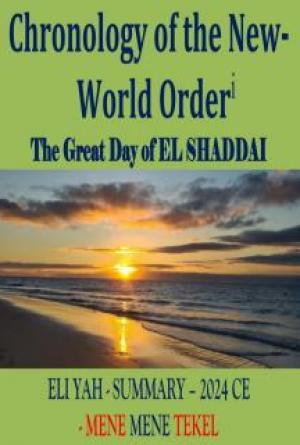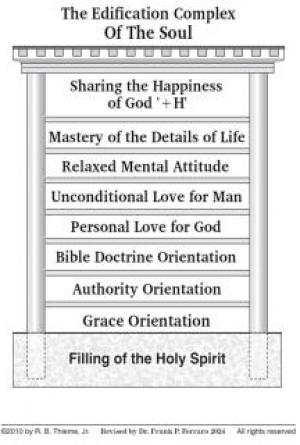FOOTNOTES (21-38)
[21] Baqâra sûra, âyat: 29
[22] Hijr: 19
[23] Enfâl sûra, âyat: 60
[24] Baqara sûra, âyat: 228
[25] Shûrâ sûra, âyats: 79-80-81
[26] Âl-i-’Imrân sûra, âyat: 130
[27] Nisâ sûra, âyat: 34
[28] Mâida sûra, âyat: 5
[29] Baqara sûra, âyat: 128
[30] Baqara sûra, âyat: 132
[31] Hajj sûra, âyat: 40
[32] [Sabiens.]
[33] Shâh-i-’Âlam bin Alamgîr passed away in
1124 [C.E. 1712].
[34] One of the Muslims’ holy days on which
they slaughter a sheep, a cow, or a camel as a religious
sacrifice.
[35] Plural form of Walî.
[36] Rahmatullah Hindî passed away in Mekka in
1306 [A.D. 1889].
[37] The Turkish book Izâh-ul-merâm was
written by Abdullah Abdî bin Destân Mustafâ Bey of Manastir
‘rahmatullâhi aleyh’. He passed away in 1303 [A.D. 1885]. The book
was printed in the printhouse that belonged to Yahyâ Efendi, the
shaikh of Mustafâ Pâsha convent immediately outside Edirnekapı,
Istanbul.
[38] Knowledge that is acquired not for the
purpose of practising it with ikhlâs, will not be beneficial.
Please see the 366th and 367th pages of the first volume of
Hadîqa, and also the 36th and the 40th and the 59th letters
in the first volume of Maktûbât. (The English versions of
these letters exist in the 16th and the 25th and the 28th chapters,
respectively, of the second fascicle of Endless
Bliss).







